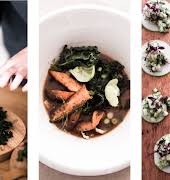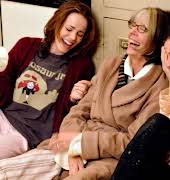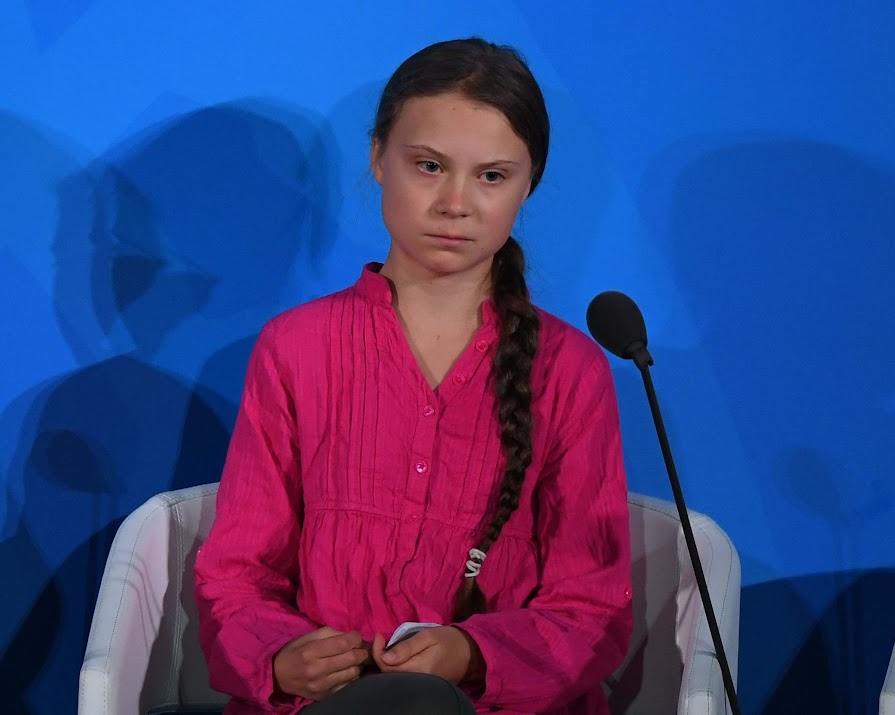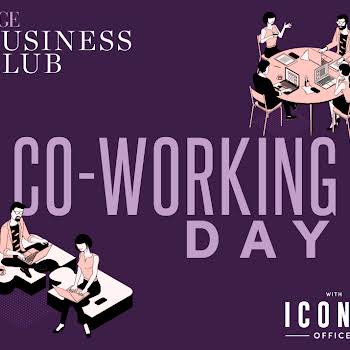
By Colette Sexton
05th Dec 2019
05th Dec 2019
Why do we love to begrudge do-gooders so much, and especially in the workplace? Colette Sexton investigates
Most of our childhoods were dominated with fantasy stories of one-dimensional people. Characters in our fairy tales and superhero TV shows were either good, or they were bad. The rules were simple: you cheered for the goodies and booed the baddies. Princesses were good. Witches were bad. Easy.
But then you find yourself in a working environment, and it turns out it isn’t so easy to identify the goodies from the baddies, and even if you do, you might not like the goodies very much after all.
Why do we punish do-gooders?
There is something in humans that makes us dislike do-gooders, and it is not just an Irish personality trait. An extensive research project entitled Antisocial Punishment Across Societies and published in Science magazine in 2008 examined people in 16 different cities across the world and found that each presented some level of punishment towards those who behave pro-socially (i.e. investing in the public good).
Another study from the University of Guelph found that people who are highly cooperative and generous can attract hatred and social punishment, especially in competitive circumstances.
Why on earth are we mean to people who are so nice? The University of Guelph study found that antisocial punishment is a social strategy that low cooperators use to avoid looking bad when high cooperators escalate cooperation. Basically, it is in human nature to hate others because they make us look bad. I know, it makes you despair for the human race.
Healthy competition?
Going back to our favourite childhood superheroes, we always felt good when Batman saved Gotham City, because we are not competing with Batman, and we never will be. It is a different matter entirely when the person you are up against for a promotion heals sick puppies on the weekend while also finding the time to make a birthday cake tailored to the birthday person’s favourite tastes and everyone in the office’s dietary requirements.
You compare yourself, consciously or subconsciously, to their hard work and generosity and you find you come up short. This makes you upset, and in some cases, you will even try to twist the “do-gooder’s” or “goody-two-shoe’s” motives to fit your own agenda. You tell yourself they are up to something or they have something to hide, because you feel like a failure beside them.
This phenomenon also explains the hate and vitriol spewing out against climate activists and environmentalists. People feel guilty about their own lack of action, or their continued pollution, and instead of taking steps to change that, they look for ways to prove that those passionate about saving the planet are “tricking us”. It is pathetic.
What if I’m the do-gooder?
What can you do if you are being dubbed a “do-gooder” in your work environment? Get out of there. If you are being treated poorly because you are too nice and hardworking, then go work somewhere where your colleagues will also be nice and hardworking. Leave the others behind to stew in their own self-hatred. Their issues are not your problem.
If you have recognised yourself above as someone who hates good people, then according to the rules we learned from watching and reading stories as children, that makes you a baddie. You might want to re-think your attitude. No one wants to be a baddie.
Read more: How to recover from completely putting your foot in your mouth
Read more: How to prove your communication skills in your next job interview
Read more: How to improve your business’s carbon footprint






















